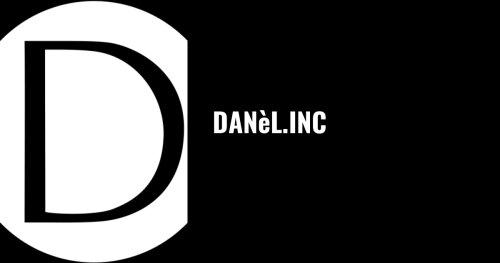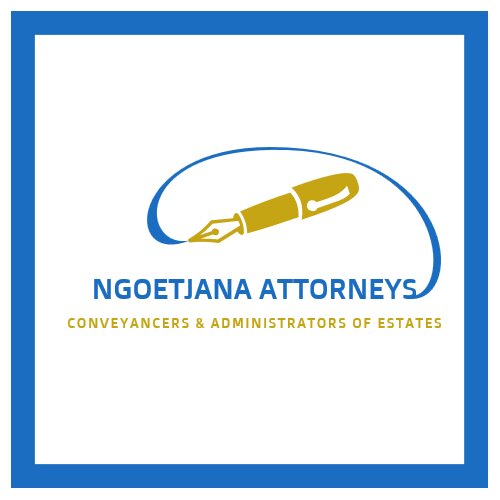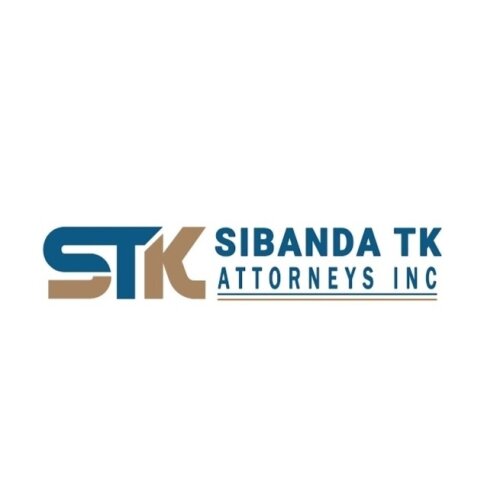Best Conveyancing Lawyers in South Africa
Share your needs with us, get contacted by law firms.
Free. Takes 2 min.
Free Guide to Hiring a Real Estate Lawyer
Or refine your search by selecting a city:
List of the best lawyers in South Africa
About Conveyancing Law in South Africa
Conveyancing in South Africa refers to the legal process of transferring ownership of immovable property from one person or entity to another. It is a highly regulated field governed by specific laws and procedures to ensure that property transactions are legally sound and that the interests of all parties are protected. Only admitted attorneys who hold a special qualification as conveyancers are permitted to handle conveyancing transactions, such as the sale and transfer of land and property.
Why You May Need a Lawyer
Property transactions involve significant financial and legal implications. Engaging a conveyancing lawyer provides peace of mind and legal protection during the following common situations:
- Selling or buying a house, flat or vacant land
- Transferring property due to divorce or inheritance
- Registering or canceling a mortgage bond
- Investigating title deed restrictions or servitudes
- Modifying property ownership structures
- Dealing with complex transactions involving trusts, companies or joint ownership
- Responding to legal disputes regarding land or property boundaries
A legal professional ensures that property transactions comply with the law and that all documents are correctly drafted and lodged.
Local Laws Overview
Several key pieces of legislation regulate conveyancing in South Africa. The most relevant are:
- Deeds Registries Act, 1937 - This act governs the registration of all property transfers and the keeping of records at the Deeds Office.
- Sectional Titles Act, 1986 - This act regulates the transfer of sectional title properties, such as flats or townhouse units.
- Municipal By-Laws and Ordinances - Local municipal regulations may impact zoning, rates clearance, and use rights for properties.
- Transfer Duty Act - This act outlines the taxes that must be paid when property changes hands, unless exempted.
- FICA (Financial Intelligence Centre Act) - Requires verification of the identities of parties to property transactions to combat fraud and money laundering.
Every transaction must be registered in the Deeds Office to be legally recognized. Only a qualified conveyancer may prepare and lodge the registration documents.
Frequently Asked Questions
What is conveyancing and who can perform it?
Conveyancing is the legal process of transferring property ownership. In South Africa, only admitted attorneys who are qualified as conveyancers can handle conveyancing transactions.
How long does the conveyancing process take?
Typically, the process takes six to twelve weeks, depending on factors such as bond approvals, municipal clearance certificates, and the Deeds Office workload.
Do I need a lawyer to sell or buy property?
Yes, the law requires that a conveyancer oversee and execute property transfers to ensure the legal validity of the transaction.
What costs are involved in buying or selling a property?
Key costs include transfer duty (tax paid to SARS), conveyancing fees (legal fees for the conveyancer), Deeds Office fees, bond registration costs (if applicable), and municipal rates clearance costs.
What is transfer duty?
Transfer duty is a government tax paid by the buyer when ownership of property is transferred. The amount is based on the purchase price and is paid to the South African Revenue Service (SARS).
What documents are required for transfer?
Essential documents include the original title deed, identity documents, sale agreement, municipal rates clearance certificate, and, if applicable, bond cancellation or registration documents.
Can foreign nationals buy property in South Africa?
Yes, foreign nationals, individuals, and juristic persons can buy and own property in South Africa, subject to compliance with local laws and FICA requirements.
How are disputes during transfer handled?
Disputes are typically addressed through negotiation and settlement, with your conveyancer acting on your behalf. If unresolved, they may proceed to litigation or formal mediation.
What is the Deeds Office?
The Deeds Office is the government institution responsible for the registration, recording, and safekeeping of property ownership records in South Africa.
What happens if there is a delay in the process?
Delays may be caused by missing documents, slow municipal clearance, or backlogs at the Deeds Office. Your conveyancer will update you regularly and manage any issues that could hinder timely transfer.
Additional Resources
Individuals seeking more assistance with conveyancing matters in South Africa may find the following resources helpful:
- South African Deeds Office - For information on the registration of property transfers
- Law Society of South Africa - To find a list of qualified conveyancers
- South African Revenue Service (SARS) - For details on transfer duty and related tax implications
- Local municipal offices - For rates clearance and property zoning information
- Financial Intelligence Centre - For FICA compliance guidance
Next Steps
If you need legal assistance with a property transaction or want to ensure your interests are protected, follow these steps:
- Gather all relevant documents, including sale agreements and identity documents
- Make a list of questions or concerns you have about the property transaction
- Contact a qualified conveyancing attorney for an initial consultation
- Discuss your specific needs and allow the attorney to guide you through the process
A conveyancer can provide clarity on your rights and responsibilities, estimate costs, and assist with all necessary steps to guarantee a legal and smooth transfer of property.
Lawzana helps you find the best lawyers and law firms in South Africa through a curated and pre-screened list of qualified legal professionals. Our platform offers rankings and detailed profiles of attorneys and law firms, allowing you to compare based on practice areas, including Conveyancing, experience, and client feedback.
Each profile includes a description of the firm's areas of practice, client reviews, team members and partners, year of establishment, spoken languages, office locations, contact information, social media presence, and any published articles or resources. Most firms on our platform speak English and are experienced in both local and international legal matters.
Get a quote from top-rated law firms in South Africa — quickly, securely, and without unnecessary hassle.
Disclaimer:
The information provided on this page is for general informational purposes only and does not constitute legal advice. While we strive to ensure the accuracy and relevance of the content, legal information may change over time, and interpretations of the law can vary. You should always consult with a qualified legal professional for advice specific to your situation.
We disclaim all liability for actions taken or not taken based on the content of this page. If you believe any information is incorrect or outdated, please contact us, and we will review and update it where appropriate.
Browse conveyancing law firms by city in South Africa
Refine your search by selecting a city.
















